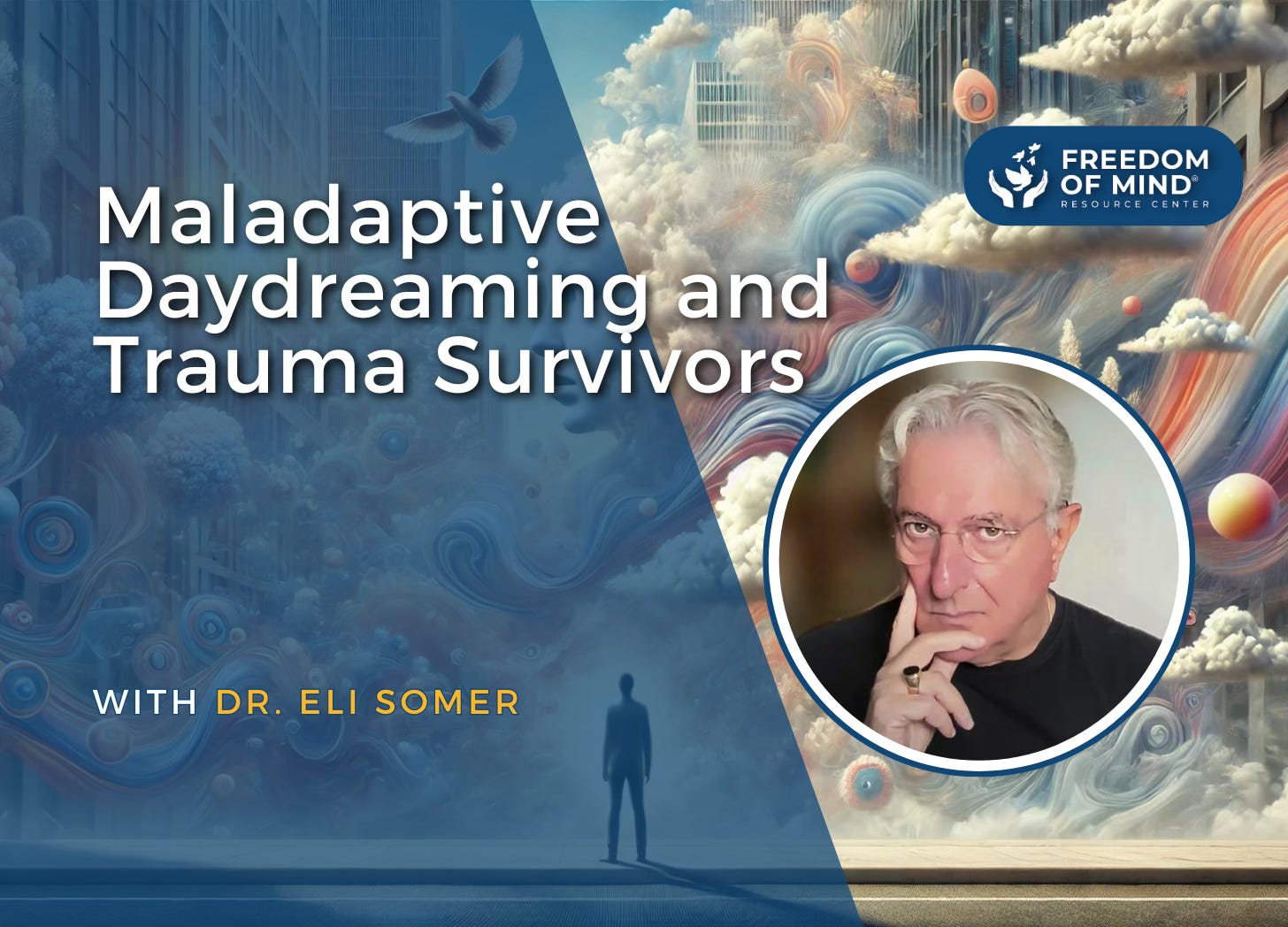Trauma causes many issues for survivors, whether the trauma was sustained in one event or many events over many years. Cult survivors exhibit symptoms of trauma ranging from PTSD and trust issues to guilt and shame. Some trauma symptoms develop because of the defense mechanisms our minds employ to save us from the trauma. The DSM-V-TR lists brainwashing and cult coercive persuasion as a dissociative disorder. As an expert on dissociation and hypnosis, I wanted to learn from Eli Somer, Ph.D., professor emeritus of psychology at the University of Haifa School of Social Work.
Professor Somer’s interests have led him to research trauma and its effects. One effect of trauma can be dissociation, a psychological process in which a person disconnects from their thoughts, feelings, memories, or sense of identity, often as a response to trauma or stress. Professor Somer coined the term maladaptive daydreaming, a dissociative disorder characterized by excessive, immersive daydreaming that disrupts daily functioning and serves as an escape from reality. He has focused his recent research on this topic.
Why People Dissociate
When people are under duress, stress, or trauma, it can be beneficial for victims to feel less and not remember the events that caused their trauma. Dissociation is a defense mechanism for coping with the stress of the world.
Keep reading with a 7-day free trial
Subscribe to Cults, Culture & Coercion with Dr. Steve Hassan to keep reading this post and get 7 days of free access to the full post archives.



